Posts
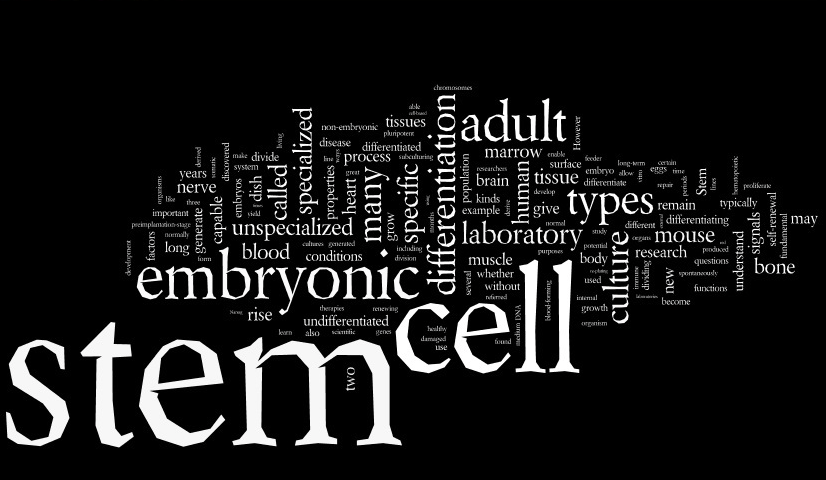
Visual eloquency with Wordle word clouds
Word clouds can be used to create curiousity and enhance creativity. In this tutorial, Iva F. will introduce you to Wordle—a simple, fun and versatile web tool.

LinkedIn champion publishes weekly link tips about science communication
The Week’s Top Science Communication Stories is a weekly link list published on LinkedIn by Kirk Englehardt at Georgia Tech—a true LinkedIn champion who demonstrates the true potential of this media platform.
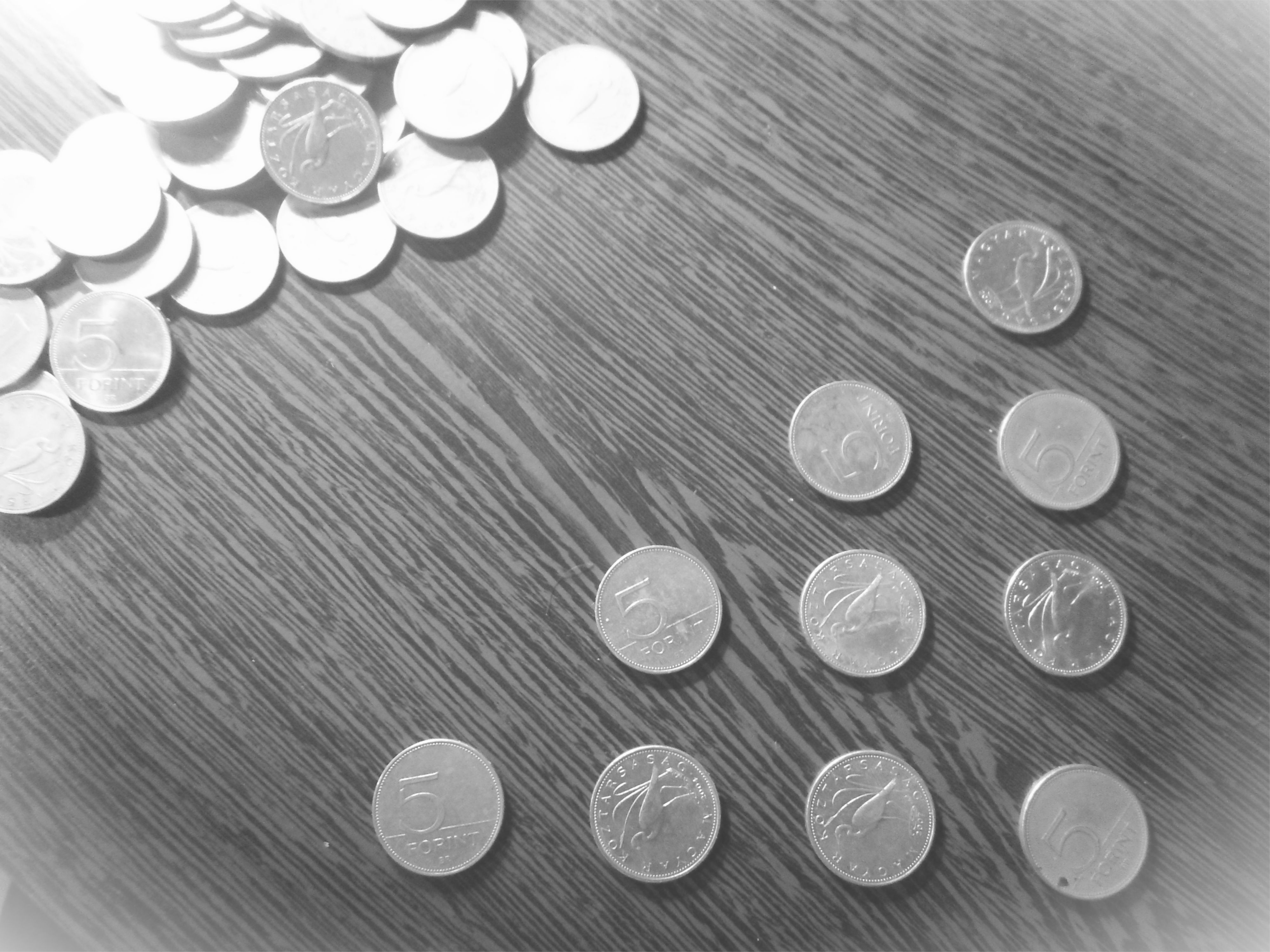
Analogies—when two similar worlds meet
Properly used, analogies can give a huge help for understanding the structure of what we are telling each other. But then again: which is the proper way to use them? Norbert Majubu offers some reflections on how people often misuse analogies in science communication and reasoning.
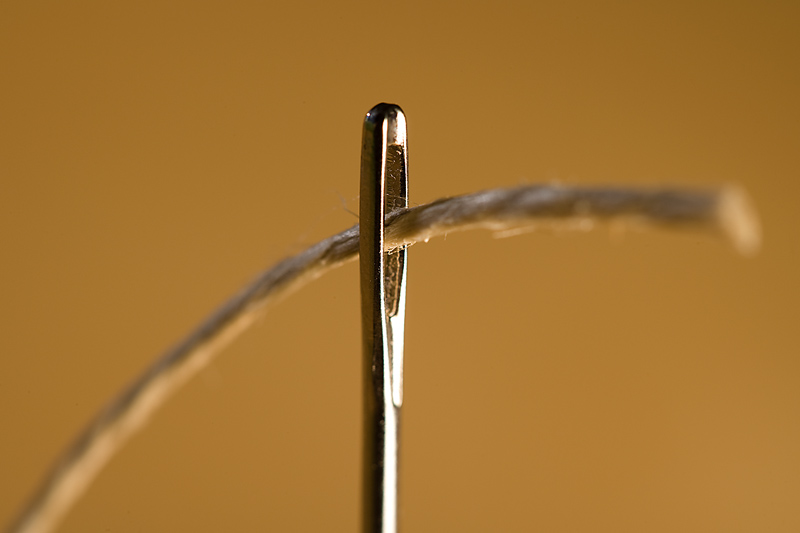
How to succeed in interviews—some reflections by an experienced expert reviewer
To succeed in interviews, you need to show genuine interest, stay present in the moment and demonstrate your self-awareness. Professor Helena Jernberg Wiklund shares some of her experience .
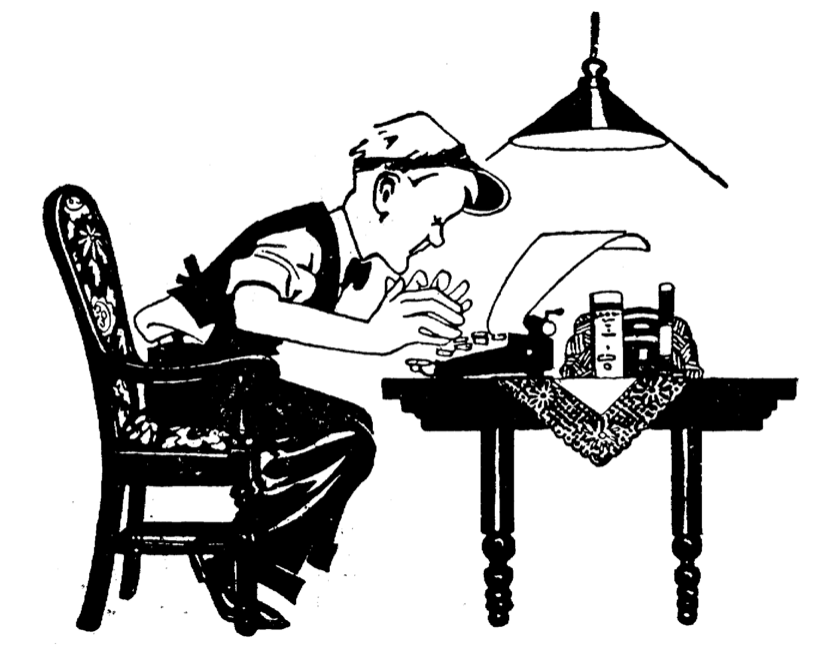
Media training in two minutes
What is the wise thing to do when a journalist knocks on the lab door and wants to write about your research? The answer is this: take a big breath, buy some time, gather your thoughts and then bid them welcome with the ambition to take command of the interview—in a curious and friendly way.

Getting your motor running: how to start a presentation
Giving momentum. That’s what you are doing when you are start talking to your fellows (or professors …). You are igniting their minds and curiosity just like you ignite your car when you start driving.
Now, there are different…
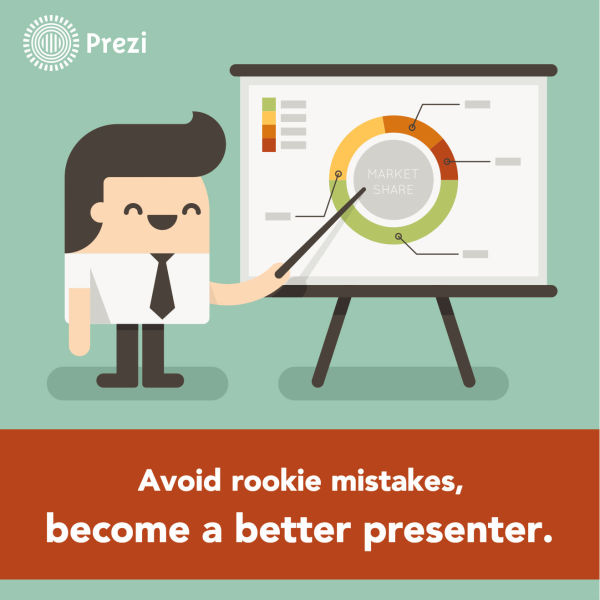
Great tips for unexperienced speakers
A recent article on the Prezi company blog contained some really good advice for unexperienced speakers: 10 Most Common Rookie Mistakes in Public Speaking.

